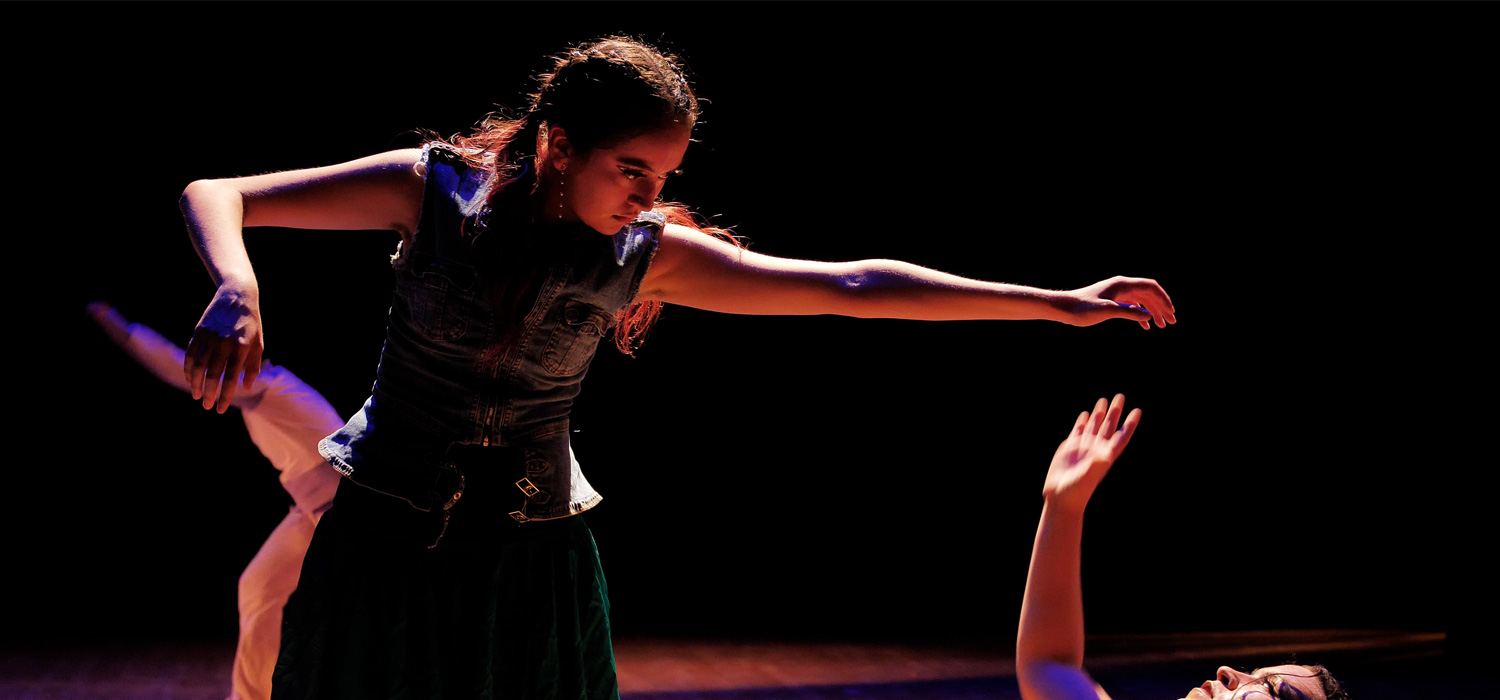Repertoire Woodwinds
Woodwind Audition Requirements
Undergraduate: All candidates should be prepared to play all major scales (2 octaves), the chromatic scale (full range), and arpeggios (major, minor triads). Suggested works include a Concerto by Mozart or Weber; Excerpts from Milde, Concert Studies or Weisenborn, Advance Studies.
Graduate: All applicants are required to perform two contrasting works, one of which must have been written within the last thirty years. Suggested repertoire includes Saint-Saens, Sonata; Tomasi, Concerto; JeanJean, Concerto; Jacob, Concert; Arnold, Fantasy, or other works of equivalent difficulty; orchestral excerpts.
Artist Diploma: one unaccompanied work such as Berio, Sequenza XII or Bassett, Metamorphoses; one work accompanied by piano such as Zweilich, Concerto; Gubaidulina, Concerto; or Nussio, Variations on a Theme of Pergolesi; orchestral excerpts Mozart, Marriage of Figaro; Ravel, Bolero; Rimsky-Korsakov, Scheherazade/II, both cadenzas.
Undergraduate: Weber Concerto, or a work of similar difficulty. Excerpts from Rose 32 Studies.
Graduate: All applicants are required to perform two contrasting works, one of which must have been written within the last thirty years. Suggested works include Muczynski, Time Pieces; Nielson, Concerto; Lutoslawski, Dance Preludes; Spohr, Concerto No. 1 or No. 2; Copland, Concerto; Brahms, Sonata No. 2; Rossini, Introduction, Theme & Variations; orchestral excerpts.
Artist Diploma: one unaccompanied work such as Donald Martino, A Set for Clarinet; Libby Larsen, Dancing Solo; Astor Piazzolla, Tango-Etudes; a concerto chosen from George Rochberg, Concerto for Clarinet and Orchestra; Jorge Callendrelli, Concerto for Jazz Clarinet and Orchestra; or Spohr: Concerto (1-4); one work chosen from Carlos Guastavino, Sonata; John Ireland; Fantasy-Sonata; Arthur Benjamin, Tombeau de Ravel; Peter Sculthorpe, Songs of Sea and Sky; Joseph Horovitz, Sonatina; Simon Sargon, Klezmuzik; Paul Jeanjean, Variations on Au Clair de la Lune; John Adams, Gnarly Buttons.
Undergraduate: One etude of your choice, and 2 contrasting works. Piano accompaniment is not required. Suggested works include but are not limited to: Handel/Bach Sonatas, Telemann Suite, Godard Suite, Debussy Syrinx, Honneger Danse de le chevre, Mozart Concerto in G or D, any piece from “Flute Music by French Composers”. If the work has multiple movements, please prepare at least 2 contrasting movements within the piece. Applicants should be prepared to play all major scales (2 octaves), and arpeggios (major, minor triads).
Graduate: All applicants are required to perform two contrasting works, either a JS Bach Sonata/Partita or Mozart Concerto, and a piece from the 20th-21st C. Piano accompaniment is not required. Suggested works include but are not limited to:
Sancan Sonatine, Dutilleux Sonatine, Bozza Image, Varese Density 21.5, Takemitsu Air, Liebermann Sonata; Muczynski Sonata, Copland Duo, Messiaen Le Merle Noir. If the work has multiple movements, please prepare at least 2 contrasting movements within the piece.
Artist Diploma: One unaccompanied work such as Berio, Sequenza I; Muczynski, Three Preludes; Jolivet, 5 Incantations; Hindemith, 8 Pieces; Bach, Partita in A minor; Varese, Density 21.5; a sonata by Gaubert, Prokofiev, or Bach; a concerto by Ibert, Nielsen, or Reinecke.
Undergraduate: Two movements of your choice from solo works in contrasting style periods that most accurately represent your technical and expressive proficiency. One etude (e.g. Barret, Ferling, Sellner) that demonstrates articulation and technical ability. All Major scales, chromatic scale from low Bb to high Eb. You will also be asked to sight read and vocally match short melodic patterns. Some suggested solo repertoire includes: Concertos by Cimarosa, Marcello, Haydn, Eichner, Vivaldi, or Fischer. Sonatas by Telemann, Handel, Saint-Saens, or Hindemith.
Graduate and Artist Diploma: One major work in entirety, two movements of solo works (sonata, concerto, or unaccompanied) in contrasting style periods (one of which should be an example of late 20th or early 21st century composition), three major orchestral excerpts. Fluency in performing all major and minor scales and their tonic and dominant arpeggios is expected.
*Sight reading is required of all saxophonists during live auditions.
Technical: All undergraduate candidates should be prepared to play all major scales (2 octaves), the chromatic scale (full range), and arpeggios (major, minor triads).
Undergraduate: All candidates should prepare two contrasting pieces. Piano accompaniment is not required. Suggested works include: Creston or Heiden, Sonata; Maurice, Tableaux de Provence; Glazunov, Concerto; Mule, 18 Exercises after Berbiguier; Ferling, 48 Studies; works of similar difficulty will be accepted.
Graduate: All applicants are required to perform two contrasting works. One of the works will be a standard Concerto or Sonata written specifically for the saxophone. Piano accompaniment is not required. Suggested works include: Desenclos, “Prelude, Cadence et Finale;” Harbison, “San Antonio;” Bassett, “Music;” Denisov, “Sonata” (version with piano); Creston, “Concerto.”
Artist Diploma: All applicants are required to perform one unaccompanied and one accompanied work of significant difficulty. Suggested unaccompanied works include Stockhausen, In Freundschaft; Rands, Memo 6; Lauba, Neuf Etudes (Book I); Berio, Sequenza VIIb or IXb. Suggested accompanied works include Martino, Concerto; Swerts, Klonos; Albright, Sonata; Denisov, Sonata; Maslanka, Sonata; Dahl, Concerto.
Video recordings should be submitted by private YouTube link or in Google drive on Interfolio. The requested audition material (solo works, etudes, scales) should be all included in the same video as if it was a live audition.

